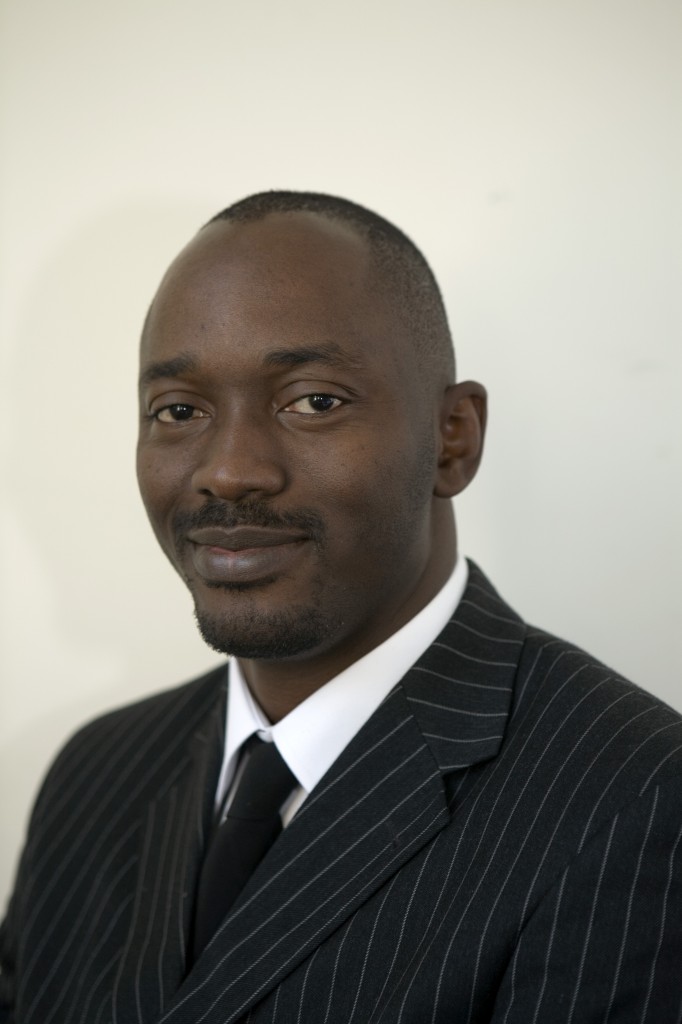Saturday 29 July, 9am to 5pm
Wigoder Law Building, University of Kent, Canterbury
Orgainser: Dr Gbenga Oduntan: Reader in International Commercial Law, Kent Law School
A one-day training conference, hosted by Kent Law School at the University of Kent, is aimed at the diaspora communities of West Africa and offers an introduction into strategies and techniques for tracing ownership of companies and properties bought from the proceeds of bribery and corruption in the UK.
The course is likely to be of interest to anti-corruption activists, compliance officers, anti-corruption agencies, registrars, senior state counsel, senior civil servants and legal advisers.
Offering both a doctrinal and procedural introduction into tracing ownership using public sources of information, the conference will also include practical research sessions for attendees under the supervision of expert facilitators.
Conference organiser Dr Gbenga Oduntan said: ‘It has become clear in the last few decades that the phenomenon of stolen capital flight is one of the principal causes of underdevelopment. The stolen wealth of developing states and the proceeds of bribery and corruption in their participation in international business has found safe haven in the Western hemisphere.’
According to a report by Transparency International, the global anti-corruption coalition, billions of pounds of corrupt money enters the UK every year. The organisation says this is money stolen from some of the most impoverished and repressed countries in the world by corrupt politicians, public officials and businesspeople.
Over £4.2 billion worth of properties in and around London have been identified as bought and owned by politicians and public officials with suspicious wealth from around the world. Experts are of the view that this could be the tip of iceberg. With the aid of Land Registry data a recent study analysed those who have been buying apartments in 14 landmark London developments. The results show that across the 14 developments around 80 per cent of apartments were being sold to overseas investors. 40 per cent of the investors are often Politically Exposed Persons (PEPs) that have come from countries with a high corruption risk such as Nigeria. Often the purchase will be obscured though purchase by sham/shell companies registered in ‘secrecy havens’ and tax islands.
Dr Oduntan said: ‘Nigeria alone expects £6.1 million to be repatriated from the sales of homes owned by the former delta state governor James Ibori and another £80 million laundered through the UK by other Nigerian officials.’
Why should you attend?
Discover the jurisdictional issues as well as contemporary rules of national and international law and procedure that are used to:
- influence outcomes in safeguarding your country’s fortune through tracing where national loot is stored
- research tax fiddles, scams and shell companies
- Research and trace the assets of dictators and statesmen
- Assess the means of politically exposed persons and their use of satellite jurisdictions and far financial orbits for storing stolen wealth
- Understand the issues surrounding the use of UK Companies House in conducting searches
- Learn how to work with Company Registrars in other Countries
- Examine the legal and political issues surrounding the never ending disputes among states as to the demarcation between airspace and outer space.
Confirmed plenary speakers include:
- Ibrahim Magu: Executive Chairman Economic and Financial Crimes Commission (EFCC)
- Professor Bolaji Owasanoye: Executive Secretary Presidential Advisory Committee Against Corruption, Nigeria, Federal Capital Territory, Abuja
- Nicholas Hildyard: Director, The Corner House
- George Turner: Director, Finance Uncovered (and also works at Tax Justice Network)
- Dr Gbenga Oduntan: Reader in International Commercial Law, Kent Law School
- Simon Taylor: Director and Co-founder, Global Witness
- Olarenwaju Suraju: Representative of Civil Society Network Against Corruption (CSNAC)
The conference is sponsored by The Corner House, Global Witness and HEDA (the Human and Environmental Development Agenda).
To register:
Registration for the conference is open and available online.

